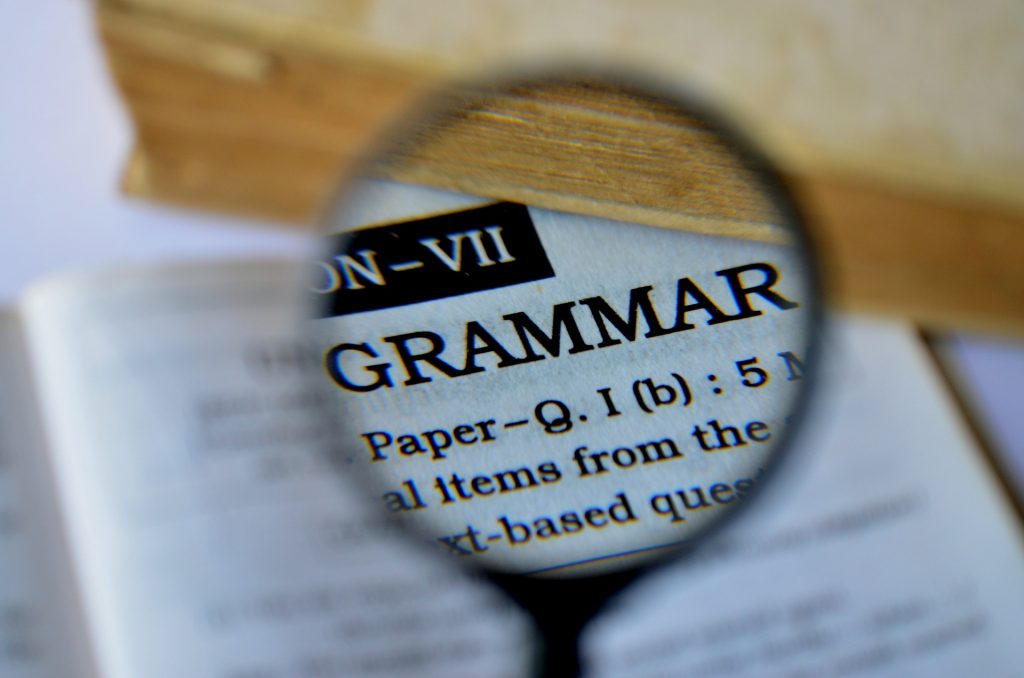By Malissa The Writer

This is an oldie but goodie!
Do you remember what a ‘hyphen’ is? It’s when you use that small dash between two words to make one it word. When I was in middle school (and yes I loved English way back then), hyphens always confused me because the rule is not to use a hyphen when the two words look better together without it; this is determined by common sense. Now my grandma Lucinda Acker used to always say “Common sense ain’t common”, which means that many will not be able to decipher if they should use the hyphen or not. In addition, you have to be sure that the hyphen doesn’t change the intent/meaning of the new formed word.
Let’s review a few words that I have seen used with and without a hyphen:
- Makeup – Some people used to write it ‘make-up’, and some people still do. However, according to Merriam-Websters, the word should not have a hyphen; meaning it should be ‘makeup’ and not ‘make-up’. Don’t worry it still means to put on your makeup, makeup your missing assignments, and more.
- Longtime – I used to hyphenate this word. Are you guilty as well? Again, Merriam-Webster’s spells it ‘longtime’ and there is no longer a need for a hyphen.
- Full time – Now this one is tricky (you know I like the tricky ones). When I use this word I really have to think because ‘full time’ and ‘full-time’ don’t mean the same thing. First, ‘full time’ is a noun and it means: the amount of time considered the normal or standard amount for working during a given period (Merriam-Webster). So for example when someone asks if you’re full time or part time you would answer ‘full time’ because you work somewhere for a certain amount of hours that qualify you as working the normal standard number of hours in a week. The word ‘full-time’ is an adjective that describes your employment; meaning you’re a ‘full-time employee at John Smith’s Cheese Factory.
In conclusion, we learned that hyphens should put words together and you shouldn’t use one if the word looks better combined without it. We also learned to be careful of using hyphens that change the intent of the word. The Elements of Style gives a great example of accidentally changing the intent of a word when it explained that two newspapers merged to form ‘The Chattanooga News-Free Press’. The hyphen makes the paper appear as if it’s devoid of news. Here’s something to note, there has been a trend where words that have been hyphenated for years have the hyphen dropped after awhile. I believe because it’s become familiar enough for people to use and all have the same general meaning. I hope you learned more about hyphens today, and if you don’t remember anything else remember this: check the dictionary, always.
If you have follow-up questions send me an email at [email protected] and I’ll try to help you as much as I can!

0 responses to “Hyphens form compound adjectives”